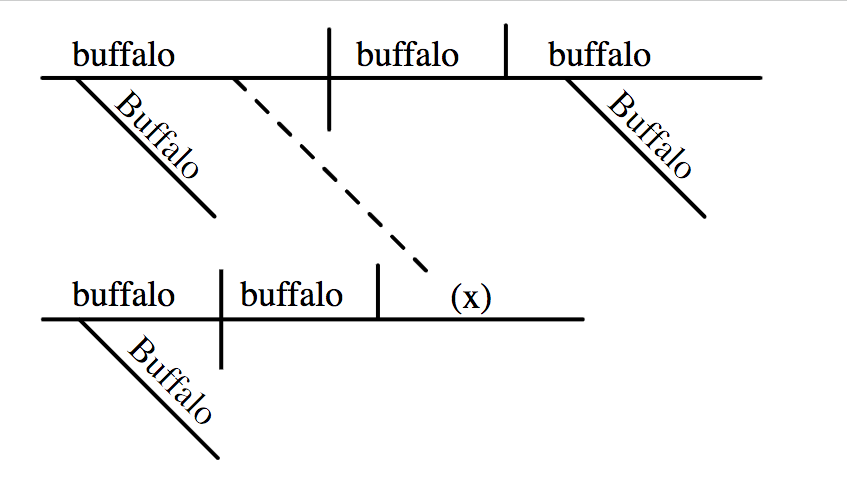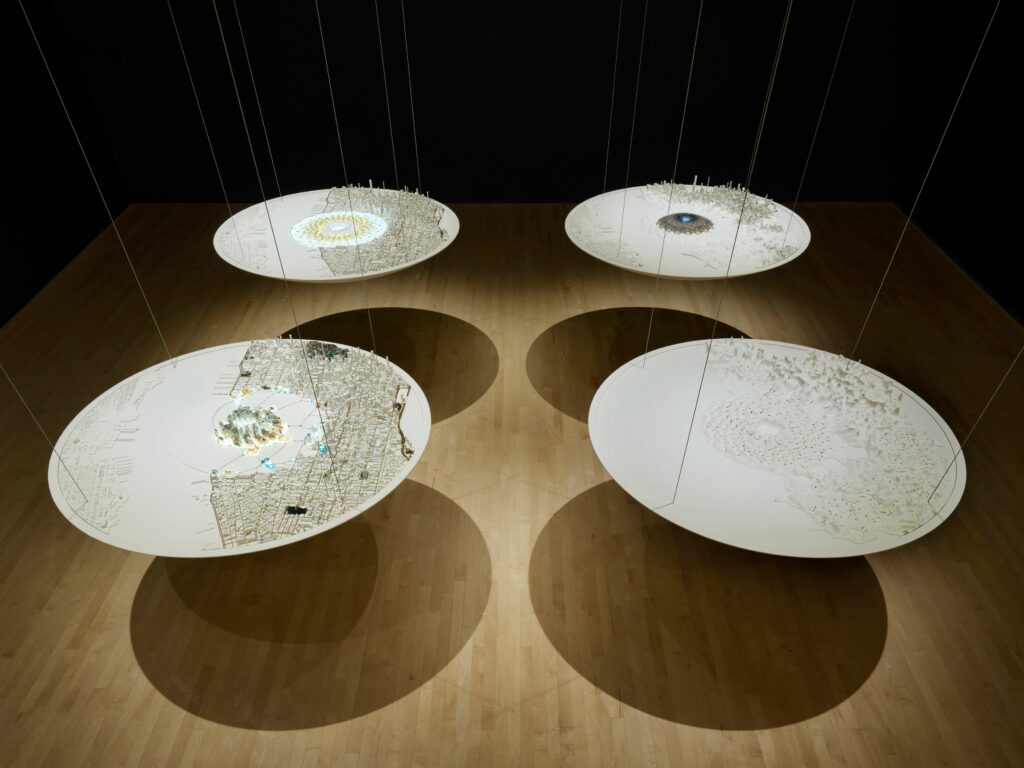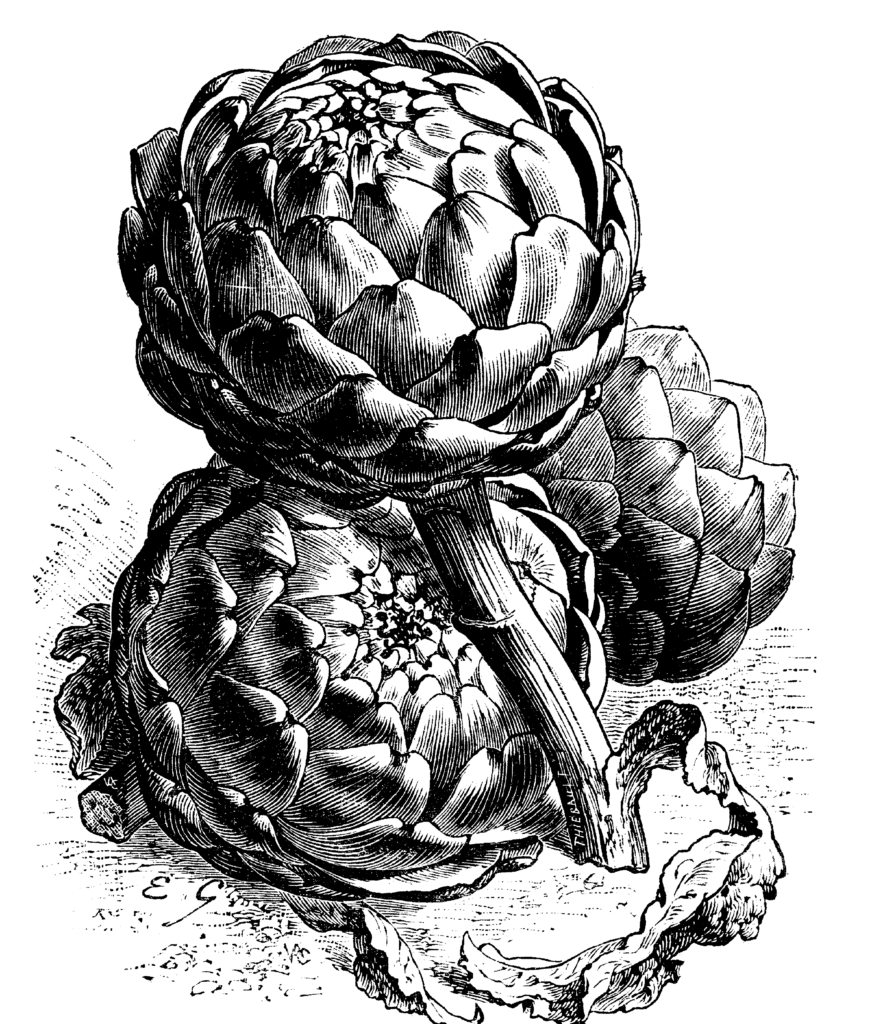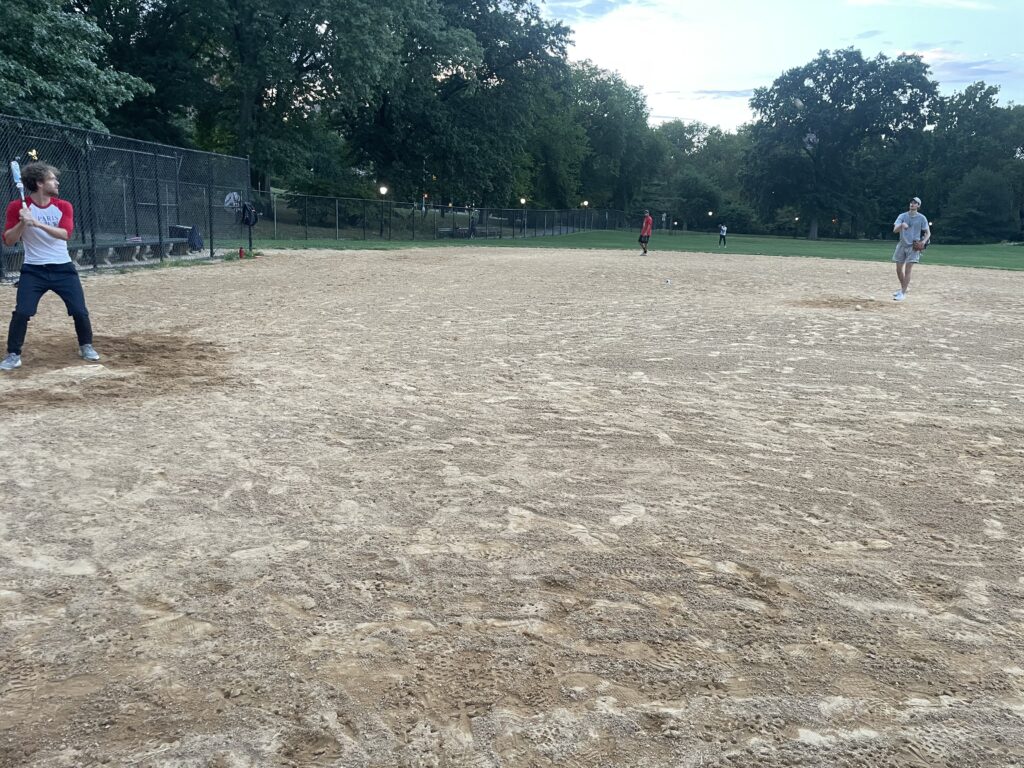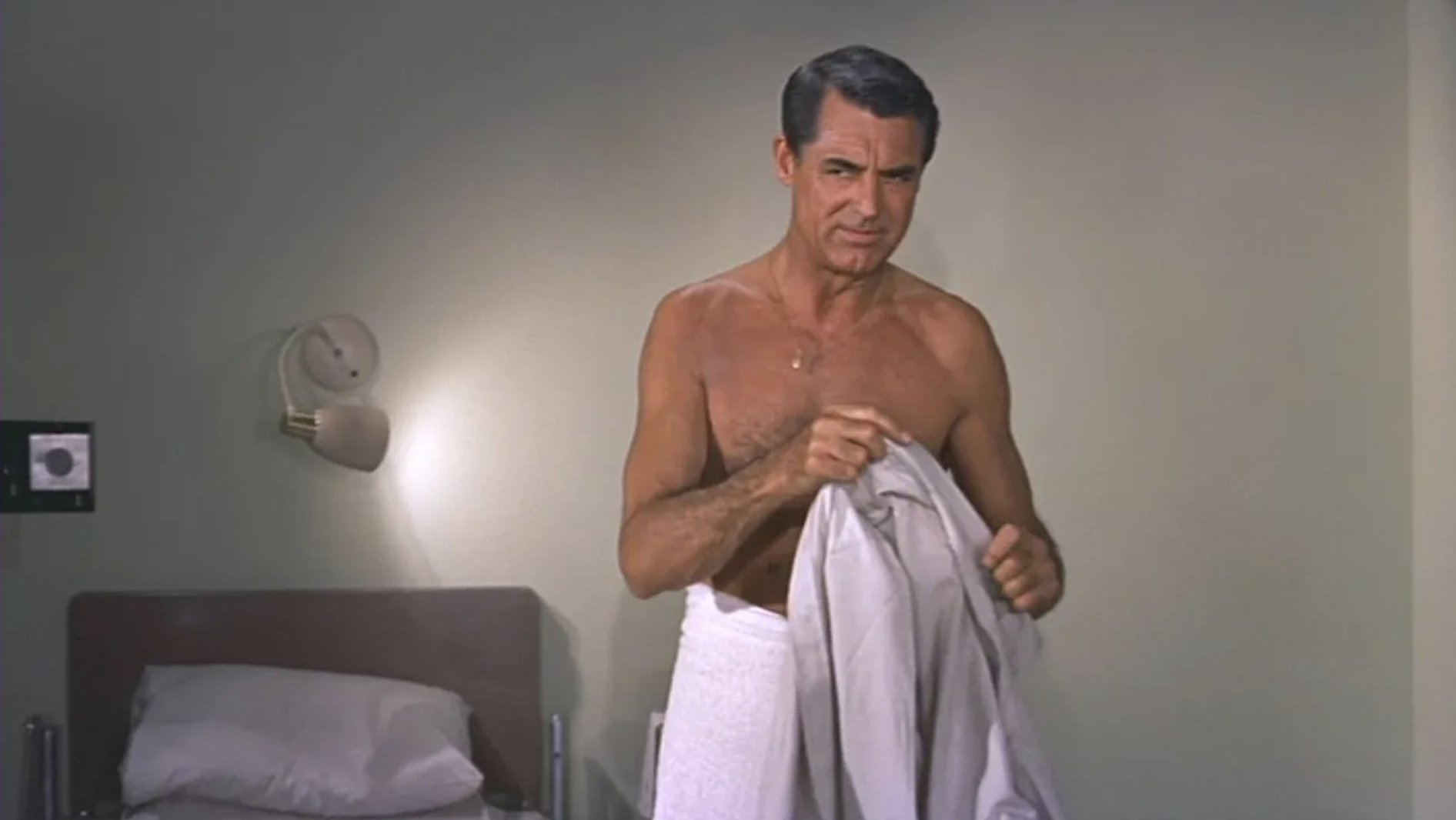I’ve written about my book club for Book Riot before. It’s been one of my favorite things for almost ten years. How our book clubs works, generally, is that each member takes a turn choosing a book. Everyone reads it, and then we meet once a month to discuss that pick. When you choose the book, you lead the discussion. That means, yes, if you choose the book, you ask the questions.
At my book club, each meeting begins with the discussion leader sharing why they chose the book and what they thought about it. Maybe they chose the book because it’s a buzzy new book that they’re excited about or maybe it’s a classic that they have been meaning to read for years. Their initial thoughts are usually just a quick summary — they thought it was exciting, they thought it was boring, it was a slow start but got better — and then they, popcorn-style, ask someone else in the group for their initial thoughts. This primes the pump for the rest of the conversation, and often the book club discussion goes fairly smoothly from there. But, if it doesn’t, then the person who chose the book is in charge of keeping the conversation going.
This has led to varying degrees of panic over the past ten years — less now than then, but still sometimes now. But after more than 100 book club meetings, I’ve learned a few things about what makes a good book club question.
A good book club question invites your book club to get talking. My book club’s first question is sort of a no-judgment zone. The point is just to start talking. The first few quiet moments of book club can feel a bit like staring at a blank page that needs to be filled, so your goal with your first question is just to break that silence. A good book club question is concerned about character. Even the most plot-driven story is driven by people on the page making decisions and going about their days. So what do you think about the characters in your book? But don’t just ask if they were likable. Were they believable? Do their decisions make sense? Would you do the same in their situation? A good book club question is an investigation. Authors love to leave clues in their work, little allusions to work that inspires them. Is there an epigraph in the beginning of the book? What book (or movie or play or song) is it from? What might that have to do with the book you hold in your hands? Do the characters listen to a particular song? Is it a real song or invented for the book, like “Never Let Me Go” was invented for the book of the same name? A good book club question directs the conversation outwards. Does this book have something to say about the larger world? If it’s an old book, does it still feel relevant, or do the ideals of the characters seem dated? If it’s a new book, does it talk about the world in an interesting way, or does it seem to beat a dead horse? A good book club question might be the result of — or inspire — a Google search. When you read the book, did you come across any questions that drove you to a web search? Maybe you’re curious about the bookstore the characters visited. Is it real? Is it based on a real store? Or maybe you want to know where the author is from, and how that influenced the book. Ask your book club members what they think! A good book club question imagines what might have been different. My book club recently read a book where the first quarter of the book was about a conversation in a graveyard. Would the conversation have been different if it had taken place in a barn? Or in a restaurant? What if it was a different genre? Sometimes imagining something different about a book shows you what is essential about the book. A good book club question might come from a reading guide — or it might not. These days, many books have a URL on the back flap or maybe on a back cover that invites you to download reading guide questions. (If not, you can Google “BOOK TITLE + discussion questions” and usually come up with something.) These can be a great starting point, and there was a point in my life when I was committed to printing these guides out or saving them in my notes app so I knew I would always have a question handy. They’re useful, especially when they provide some background to the book, but I wouldn’t rely on them. Going down the list of questions often feels like you’re going through a school assignment. A good book club question gets various — and sometimes conflicting! — answers. The most boring book club conversations I’ve ever been a part of were the meetings where everyone liked the book. When you just sit in a circle and agree with each other, there’s just not much to go on. The most fun, on the other hand, were when we had a 50/50 split of people who loved the book and people who absolutely hated it. The fun of book club is in learning about your book club members through their opinions of the book. The best book clubs are the ones where I leave with a head full of different ideas about the book than I had when I walked in. A good book club question inspires respectful and kind conversation. The fastest way to kill a conversation is to make someone feel silly or stupid for their opinion or because they misremembered a plot point. Book club arguments are a delight, but everyone has to understand that the stakes at book club are low: you don’t need to agree, and you don’t have to convert someone to liking the exact same things about a novel that you do.Hopefully, this list gave you some great ideas for how to keep the conversation rolling at your book club! If you want great book club discussion questions that can work for any book, check out this list!
Want some rules to keep your book club running? Here’s what my book club does. Here are some great picks for your book club to read this fall!
Copyright
© Book Riot









